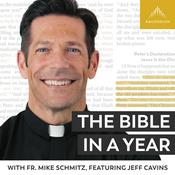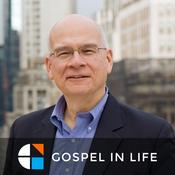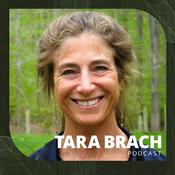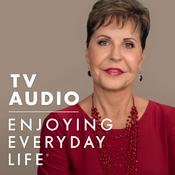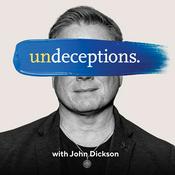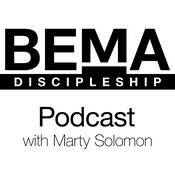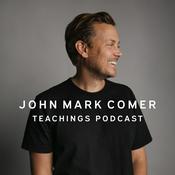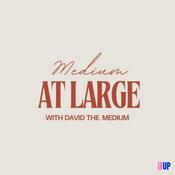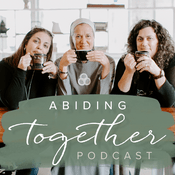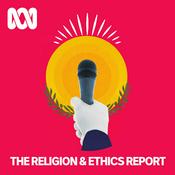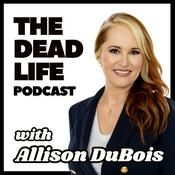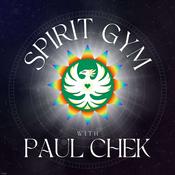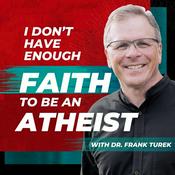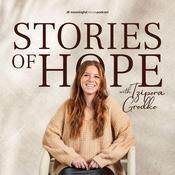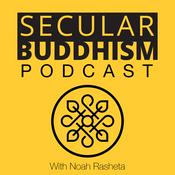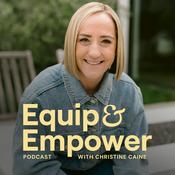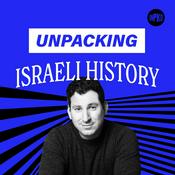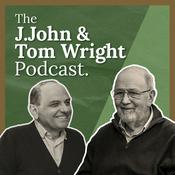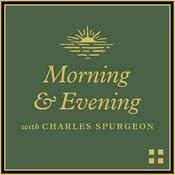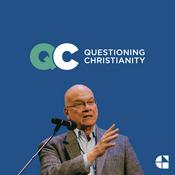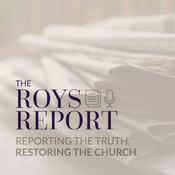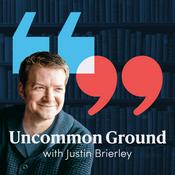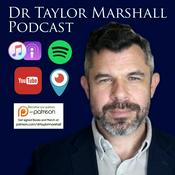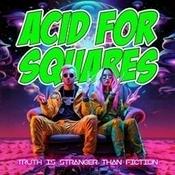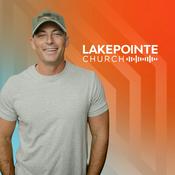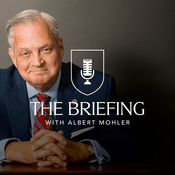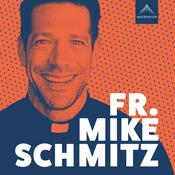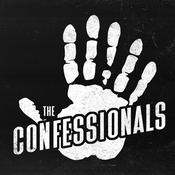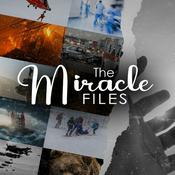570 episodes
- Life & Faith brings you a conversation with an Aussie icon.
“Write the song and just let the song be a mirror on life, and then see if people see themselves in the picture.”
You might know Colin Buchanan as an Australian country music star, as a much-loved writer and performer of kids’ music, as a Play School presenter, or from one of the other myriad hats he’s worn over the years. And if you don’t know him, you’ll definitely feel like you do at the end of this rollicking hour spent in his company.
Come along for the ride as Colin takes Life & Faith on a journey into the heart of the outback, the inner workings of the creative process, and the depths of the Bible, with stops along the way to chat comedy, Christmas, and Play School bloopers. He also plays us a song or two.
---
EXPLORE:
Check out Colin’s music (past and forthcoming), and upcoming performances, here - Greg Sheridan on why the early Christians were able to change the world.
Greg’s third in a trilogy of books on Christianity examines the “success” of the early Christians in upending the ancient world, and how this story speaks to contemporary life.
Greg Sheridan has been the foreign editor at the Australian newspaper since 1992. He is one of Australia’s leading national security and foreign affairs analysts, and has interviewed Prime Ministers and Presidents all over the world.
He also writes about Christianity and culture and his last three books have been on that subject. The first, in 2018 was “God is Good For You: A Defence of Christianity in Troubled Times.” In 2021 he delivered “Christians: The Urgent Case for Jesus in Our World.” And in 2025 we have “How Christians Can Succeed Today.”
Greg is able to bring ancient stories to life with his journalistic style, insight and good humour. And he makes a compelling case for why this story remains relevant and life-giving for our times of upheaval, conflict and uncertainty.
Explore:
How Christians Can Succeed Today
Christians: The Urgent Case for Jesus in Our World
God is Good For You: A Defence of Christianity in Troubled Times - Getting inside the Bible, the most published book of all time.
The Bible is the most published book of all time, and not just historically. It continues to be the case today. In fact, in 2024 Bible sales were up by 22%.
In Western Countries the Bible is easily accessible but increasingly there are people who have very little contact with or understanding of the Bible.
So what even is the Bible? How was it put together? What kind of influence has it had on our lives, even if we are not Bible readers ourselves?
Life & Faith delves into these questions in a suitably epic episode. We speak to an academic about the cultural influence of the Bible, and a New Testament lecturer about how the Bible came together. We talk to the Australian representative of the biggest Bible app in the world about to celebrate their billionth download. And we hear from two people whose lives have been changed by reading the Bible.
What do we know about “The biggest story ever told” and what does this story still have to tell us?
Explore:
The Great bible Swindle
YouVersion and the One Billionth Download - Youth worker and founder of the Red Frogs, Andy Gourley, tells Life & Faith how a trip to the Gold Coast to look after his skateboarding crew changed his life.
The group known as Red Frogs have become a legendary presence at schoolies weeks, at music festivals and wherever large groups of young party-goers congregate. Offering food, assistance, a listening ear, protection and of course, the famous red jelly frogs, this movement of young volunteers has become a household name in Australia and overseas.
Andy Gourley, the founder of Red Frogs, tells us the origins of this remarkable movement. Twenty seven years ago Andy, who was a youth worker at the time, turned up at “schoolies” on the Gold Coast with a small team of people to try to lend a hand and help keep things under control. And keep people safe from life changing mistakes and consequences.
Andy could not have imagined that the steps he took that week would lead to a movement in nine countries that has assisted tens of thousands of young people to party safely, and to make better decisions at a crucial stage of their lives.
This year 24 tons of red frogs will be delivered to sites around the country as around 1500 volunteers assist 70,000 school leavers. Andy says he never gets tired of helping out when people most need it. For him it’s an honour. Find out why on this episode of Life & Faith.
---
Explore: The Red Frogs website - With outrage and division at an all-time high, the need for intelligent and respectful persuasion has never been more urgent.
Michael McQueen is an author, speaker and social commentator. In an age of intense polarisation and tribalism, he hasn’t given up on the possibility of changing people’s minds. In this interview with Life & Faith, Michael talks about the psychology of stubbornness and how – even on tricky and controversial debates - we can build trust, strengthen relationships and move minds.
---
Explore
Michael McQueen’s website: https://michaelmcqueen.net/
Check out Michael’s latest book Mindstuck: https://www.mindstuck.michaelmcqueen.net/
Take a look at this Google Talk by Nobel laureate Daniel Kahneman, on his book as referenced in this episode: Thinking, Fast and Slow: https://www.youtube.com/watch?v=CjVQJdIrDJ0
More Religion & Spirituality podcasts
Trending Religion & Spirituality podcasts
About Life & Faith
Growing up as the son of a diamond smuggler. The leaps of faith required for scientific discovery. An actress who hated Christians, then became one. Join us as we discover the surprising ways Christian faith interrogates and illuminates the world we live in.
Podcast websiteListen to Life & Faith, The Bible in a Year (with Fr. Mike Schmitz) and many other podcasts from around the world with the radio.net app

Get the free radio.net app
- Stations and podcasts to bookmark
- Stream via Wi-Fi or Bluetooth
- Supports Carplay & Android Auto
- Many other app features
Get the free radio.net app
- Stations and podcasts to bookmark
- Stream via Wi-Fi or Bluetooth
- Supports Carplay & Android Auto
- Many other app features


Life & Faith
Scan code,
download the app,
start listening.
download the app,
start listening.

